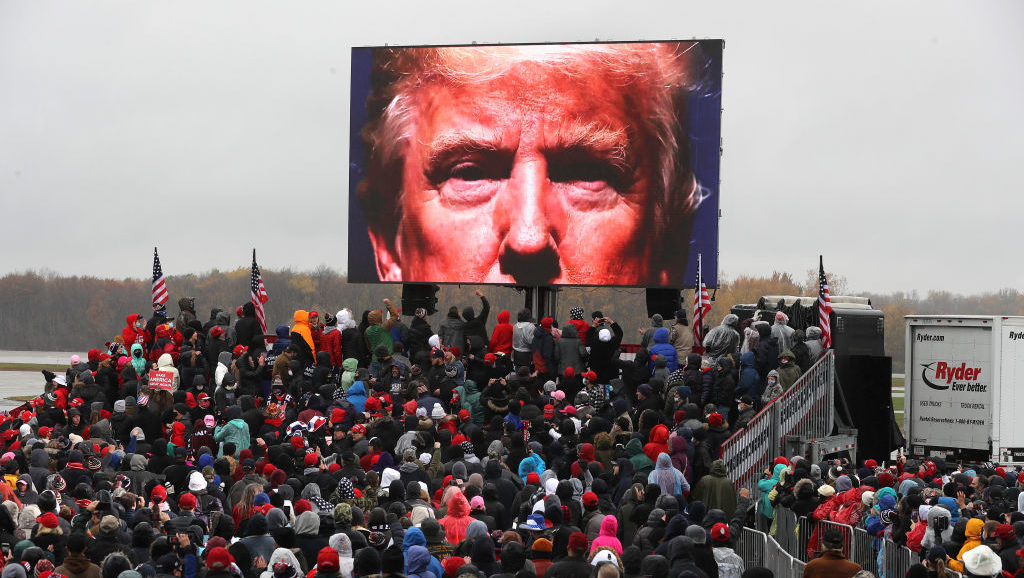Donald Trump was America’s first post-modern President
https://unherd.com/thepost/donald-trump-was-americas-first-post-modern-president/

With the Trump administration now in terminal disgrace, the President’s allies are coming under attack. Not literally, of course — not like, say, the Capitol last week — but any public figure who gave him any support at any point over the last few years can expect a rough ride from the media.
Peter Thiel, the billionaire tech entrepreneur, is the target of an Axios piece this week by Dan Primack. Specifically, Primack criticises something that Thiel said in an interview shortly before Trump’s election. You can listen for yourself here (starting at the 34.30 mark), but the nub of Thiel’s argument is the media takes what Trump says literally but not seriously, while his supporters take his words seriously but not literally.
It’s a clever juxtaposition, but Primack argues that last week’s events show it to be catastrophically wrong: “What’s come into stark relief, however, is that Trump says what he means and means what he says.” In suggesting otherwise, Primack claims that Thiel has helped to “cement a viewpoint through which even Trump’s most egregious statements were taken at other than face value.”
I’d suggest that both Thiel and Primack are missing the point. Donald Trump is the first President of the United States to operate primarily within a post-modern mode of communication. In this context there is no distinction between the literal and non-literal. It’s all just narrative, which may be taken seriously or unseriously as the mood takes you.
That’s not to say that this isn’t dangerous. It is dangerous — especially when applied to the politics of a superpower.
Of course, politicians have always tried to tap into the irrational — appealing to the heart as well as the head. However, conventional politics tries to do this in a rational, even scientific, manner. Messages are tested by focus group and opinion poll — and backed up by facts and figures at least purporting to be the truth.
The Trumpian approach, however, is more about mainlining than manipulating irrationality. In its purest form (if pure’s the word) it involves a direct connection from id to id, unmediated by rationality at any point. The results can be powerful, but unpredictable.
Not for the first time, I’m reminded of Trump’s spectacularly inappropriate speech to the National Boy Scout Jamboree — a gathering of the Boy Scouts of America. This was not a political occasion. There was no good reason — or a Machiavellian one — for Trump to behave the way he did. He just felt like it.
So while commentators are right to condemn what happened at the Capitol, they shouldn’t reach too hard for rational explanations. To claim that “Trump says what he means and means what he says” is to make a category error. What came under assault in Washington wasn’t only a building or the constitution, but also the concept of meaning itself.
No comments:
Post a Comment